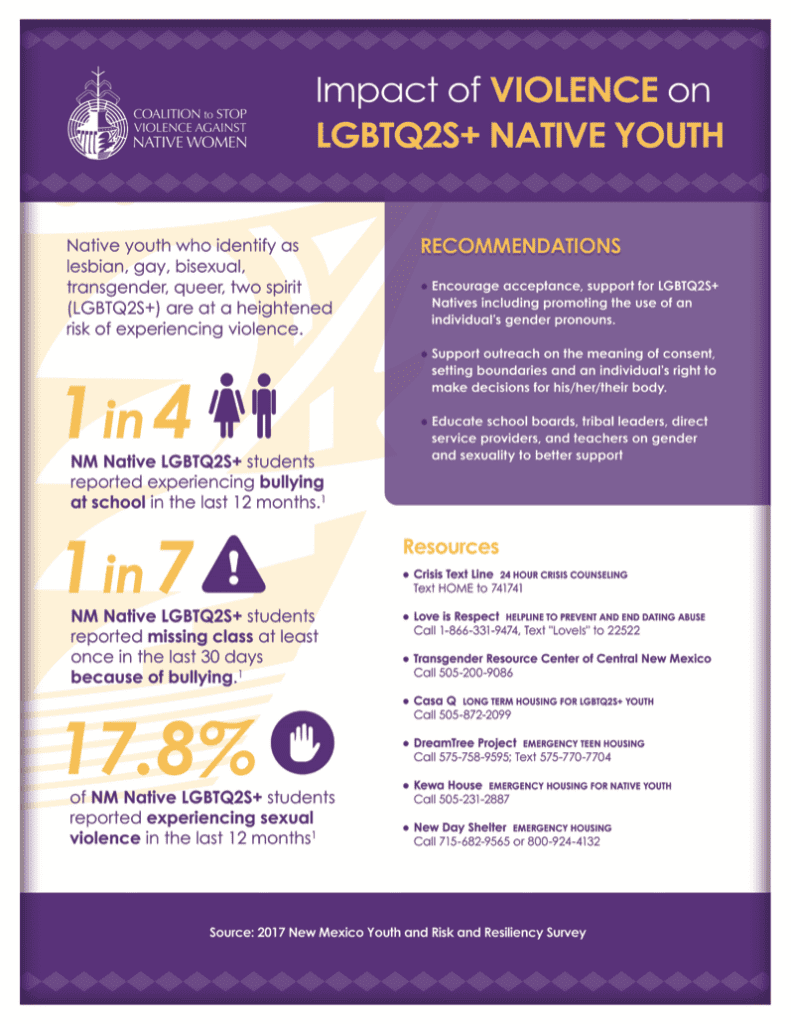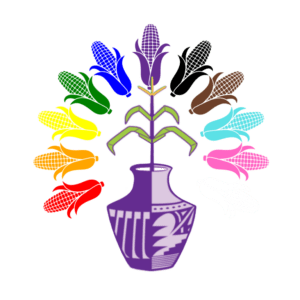 The importance of centering the experiences, strengths and needs of people within our Lesbian, Gay, Bisexual, Trans, Queer/Questioning, Two Spirit (LGBTQ2S+) communities is important to us at CSVANW while we work to address the unique and multiple victimizations and structural oppressions faced by our LGBTQ2S+ relatives. It is critical to work towards inclusive advocacy.
The importance of centering the experiences, strengths and needs of people within our Lesbian, Gay, Bisexual, Trans, Queer/Questioning, Two Spirit (LGBTQ2S+) communities is important to us at CSVANW while we work to address the unique and multiple victimizations and structural oppressions faced by our LGBTQ2S+ relatives. It is critical to work towards inclusive advocacy.
LGBTQ2S+ survivors of violence experience the same rates of violence as other intimate partner relationships- however, LGBT survivors sometimes face discrimination (whether intentional or not) when seeking help and protection. These discriminations can re-victimized and/or re-traumatize an individual. Although VAWA 2013 prohibits such discrimination to ensure that all victims of violence have access to the same services and protection to overcome trauma and find safety.
Glossary of Terms
- Gay: a man who is attracted to men.
- Lesbian: a woman who is attracted to women.
- Straight: a man who is exclusively attracted to women or a woman who is exclusively attracted to men.
- Bi-sexual: individuals who are attracted to people of one’s own gender and people of other gender(s).
- Pansexual: individuals who are attracted to people regardless of gender.
- Queer: similar to pansexual, queer individuals can be an identity label meaning that a person is attracted to people of many genders.
- Asexual: individuals who are not sexually attracted to anyone and/or not acting on attraction to anyone. Does not necessarily mean sexless.
- Two Spirit: a term that was coined back in 1990 in Winnipeg, Canada as a way to join various gender identities and expressions of Native American/First Nations/Indigenous individuals. Two Spirit refers to a person who has both a masculine and a feminine spirit.
- Biological sex: attributes to the anatomy, chromosomes, and hormones that is usually assigned at birth and informs whether a person is biologically male, female, or intersex.
- Sexual orientation: is an inherent emotional, romantic or sexual attraction to another person- describes the pattern of a person’s sexual attractions based on gender.
- Gender identity: is one’s innermost concept of self as male, female, a blend of both or neither. Gender identity is how individuals perceive themselves and what they call themselves. One’s gender identity can be the same or different from their sex assigned at birth.
- Gender expression: is the external appearance of one’s gender identity, usually expressed through behavior, clothing, haircut or voice, and which may or may not conform to socially defined behaviors and characteristics typically associated with being either masculine or feminine.
- Transgender: The process by which some people strive to more closely align their internal knowledge of gender with its outward appearance. Some people socially transition, whereby they might begin dressing, using names and pronouns and/or be socially recognized as another gender. Others undergo physical transitions in which they modify their bodies through medical interventions.
Violence Against 2SLGBTQ+ Relatives
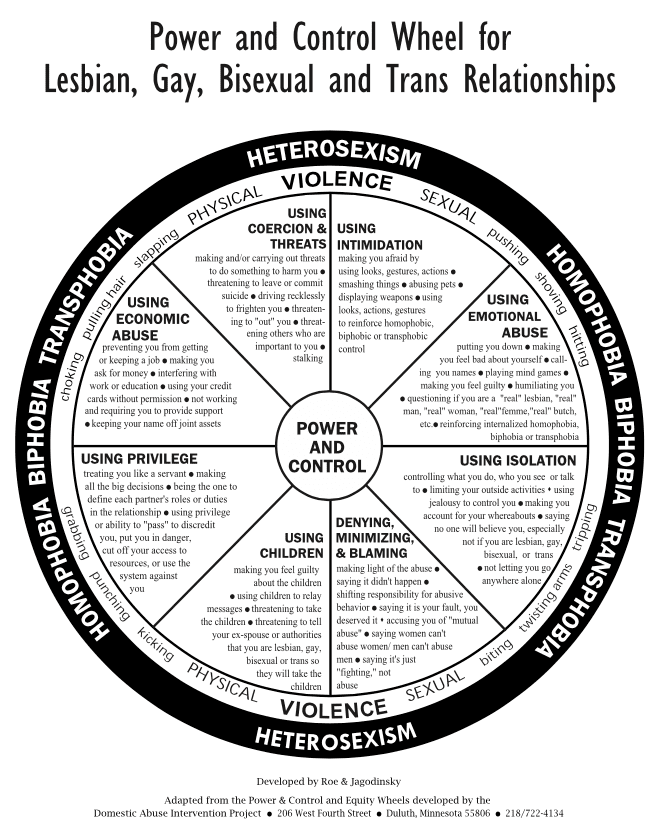
Abusive partners in LGBTQ relationships use all the same tactics to gain power and control as abusive partners in heterosexual relationships — physical, sexual or emotional abuse, financial control, isolation and more.
But abusive partners in LGBTQ relationships also reinforce their tactics that maintain power and control with societal factors that compound the complexity a survivor faces in leaving or getting safe in an LGBTQ relationship.
(Source: The National Domestic Violence Hotline)
Quick Statistics about Domestic Violence and the LGBTQ Community
(Source: NCADV.org)
- 43.8% of lesbian women and 61.1% of bisexual women have experienced rape, physical violence, and/or stalking by an intimate partner at some point in their lifetime, as opposed to 35% of heterosexual women.
- 26% of gay men and 37.3% of bisexual men have experienced rape, physical violence, and/or stalking by an intimate partner in their lifetime, in comparison to 29% of heterosexual men.
- In a study of male same sex relationships, only 26% of men called the police for assistance after experiencing near-lethal violence.
- In 2012, fewer than 5% of LGBTQ survivors of intimate partner violence sought orders of protection.
- Transgender victims are more likely to experience intimate partner violence in public, compared to those who do not identify as transgender.
- Bisexual victims are more likely to experience sexual violence, compared to people who do not identify as bisexual.
- LGBTQ Black/African American victims are more likely to experience physical intimate partner violence, compared to those who do not identify as Black/African American.
- LGBTQ white victims are more likely to experience sexual violence, compared to those who do not identify as white.
- LGBTQ victims on public assistance are more likely to experience intimate partner violence compared to those who are not on public assistance.
(Source: HRC.org)
The 2015 U.S. Transgender Survey found that 47% of transgender people are sexually assaulted at some point in their lifetime.
Among people of color, American Indian (65%), multiracial (59%), Middle Eastern (58%) and Black (53%) respondents of the 2015 U.S. Transgender Survey were most likely to have been sexually assaulted in their lifetime
Nearly half (48 percent) of bisexual women who are rape survivors experienced their first rape between ages 11 and 17.
How to be a good relative
Honoring Pronouns
Pronouns are the words you may like others to use for you in place of your proper name. Some examples include “she/her” or “he/him” or gender-neutral pronouns, such as “ze/hir,” [pronounced: zee/heer] or “they/them”.
Honoring chosen names
Some names can seem gendered, and so some transgender and nonbinary people choose a new name, or a variation of their old name, that aligns with their gender.
(Source: The Trevor Project)
“Usage of chosen name resulted in a 29% decrease in suicidal ideation and a 56% decrease in suicidal behavior”
(Source: Research Brief: Gender-Affirming Care for Youth)
LGBTQ2S+ Resources
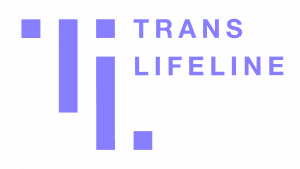
Trans Lifeline provides trans peer support for our community that’s been divested from police since day one. We’re run by and for trans people.
US (877) 565-8860
Canada (877) 330-6366
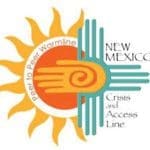
If you or a loved one is experiencing any kind of emotional crisis, mental health or substance use concern, you can find help 24 hours a day, seven days a week, by calling the New Mexico Crisis and Access Line or Peer to Peer Warmline.
Call toll free anytime 24/7/365 1-855-NMCRISIS (662-7474)
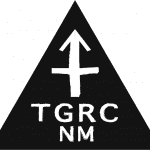
505-200-9086
5600 DOMINGO RD
ALBUQUERQUE, NM 87108
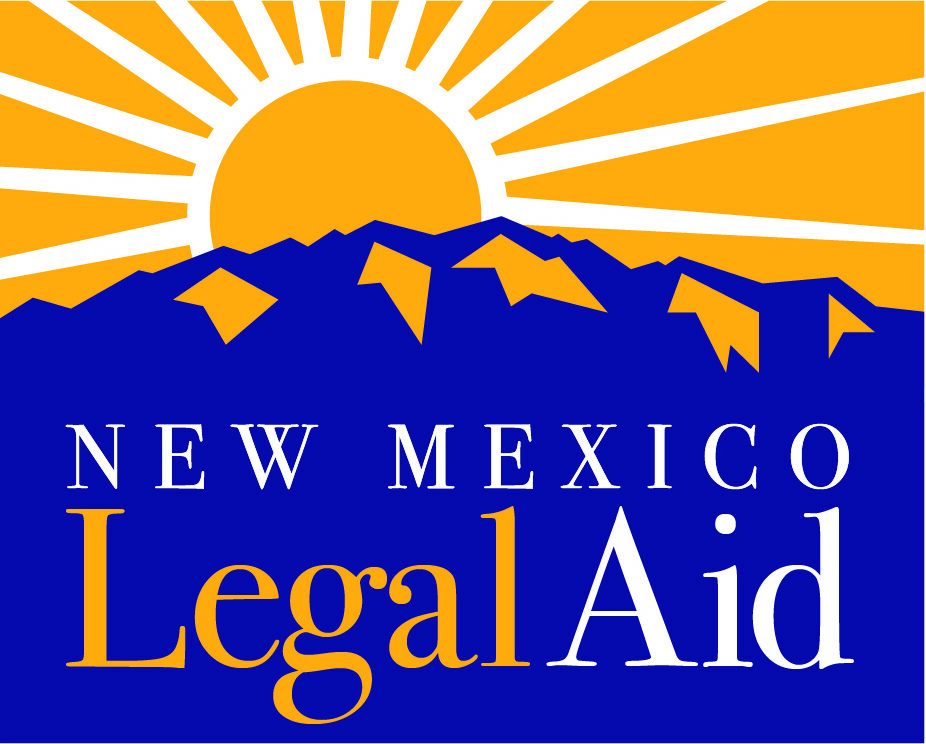
Free Legal Services for LGBTQ+ Survivors of Violence.
We Are Here to Help!
Need Free and Confidential Legal Help?
Call toll free or text our helpline: 1-877-545-7270 or email: [email protected]
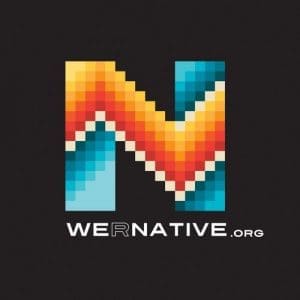
We R Native is a comprehensive health resource for Native youth, by Native youth, providing content and stories about the topics that matter most to them. They strive to promote holistic health and positive growth in our local communities and nation at large.
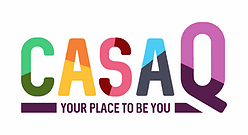
Casa Q provides safe living through housing, services and advocacy. We are family and friends, supporting and strengthening our community through love and acceptance.
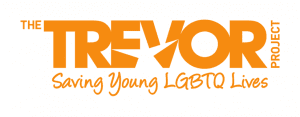
If you are a young person in crisis, feeling suicidal, or in need of a safe and judgment-free place to talk, call the TrevorLifeline now at 1-866-488-7386.
On This Page:

